Vietnam's veterinary industry has achieved remarkable achievements in 2024, with a significant reduction in outbreaks and stable growth of the livestock industry.
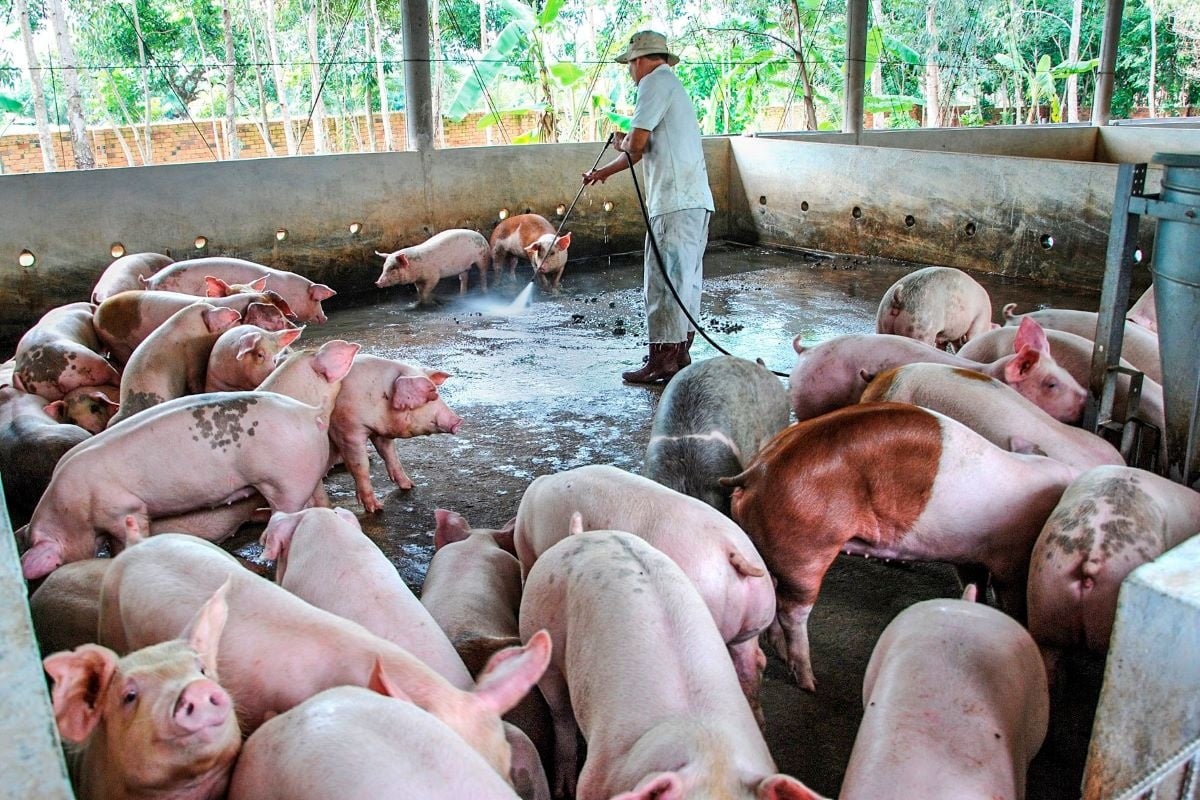 |
| Effective disease control helps the livestock industry grow steadily at 5.2-5.5% |
On January 4, 2025, the Department of Animal Health held a "Conference on animal disease prevention and control at the end of the year and slaughter control to ensure food hygiene and safety during the Lunar New Year 2025".
Veterinary industry helps livestock grow beyond 5%
According to the Department of Animal Health (Ministry of Agriculture and Rural Development), 2024 is a year that will see many remarkable achievements in the veterinary and livestock sectors of Vietnam. Thanks to effective disease control, the number of avian influenza outbreaks decreased by 23.8%, blue ear disease decreased by 60%, and the livestock sector grew steadily at 5.2-5.5%. This not only ensures domestic food supply but also promotes exports, contributing to socio-economic development.
The aquaculture sector also recorded significant progress, reducing the area of aquaculture damaged by disease to about 22,490 hectares. Dangerous diseases in shrimp and pangasius were controlled more effectively, contributing to stable production.
Along with the above successes, the veterinary sector has strengthened supervision and handling of violations in the entire chain from breeding to slaughtering and processing. Food safety inspections have been carried out more strictly with the establishment of 9 inspection teams in 17 provinces and cities and the organization of many training courses to improve the capacity of staff. The network of slaughterhouses across the country is being strictly managed.
Despite being a mountainous province with many difficulties, Lao Cai has made great efforts to overcome difficulties and achieved remarkable results in disease management. Thanks to the close coordination between the agricultural sector and the grassroots veterinary force, and village veterinary collaborators, disease outbreaks have been effectively controlled. With the addition of 4 centralized slaughterhouses in 2024, Lao Cai has moved closer to the goal of modernizing the slaughter system and improving product quality.
According to the representative of Lao Cai agricultural sector, the close coordination between the agricultural sector and the grassroots veterinary force, and village veterinary collaborators has contributed significantly to the effective control of disease outbreaks in Lao Cai. Thanks to that, the disease has not had the opportunity to spread widely and cause great damage to the local livestock industry.
With the addition of four centralized slaughterhouses in 2024, Lao Cai has made significant progress in modernizing its slaughterhouse system. The province aims to have 100% of localities have centralized slaughterhouses by 2025, while increasing the rate of product quality control to 80%.
Ensuring food safety during Lunar New Year
Mr. Nguyen Van Long, Director of the Department of Animal Health (Ministry of Agriculture and Rural Development) said that the Lunar New Year is a time when the demand for food consumption, especially animal products, increases. In order to ensure food safety and protect the health of consumers, the Department of Animal Health has implemented many measures to manage diseases and control animal imports...
Animal disease control is extremely urgent to protect food safety and public health. The veterinary sector is making every effort to prevent the spread of dangerous diseases. At the same time, the Department of Animal Health is closely coordinating with relevant agencies to strictly handle acts of smuggling and illegal transportation of animals and animal products that do not meet quality standards.
To strengthen control over the quality of imported meat, according to Mr. Long, the Department of Animal Health has issued Circular 04 and is continuing to perfect the legal framework, to ensure that all imported products strictly comply with the regulations of the World Organization for Animal Health. The focus of this work is on three main factors: disease prevention, ensuring food safety and clear traceability.
In 2024, authorities strictly handled nearly 400 violations related to imported products, imposing administrative fines of more than VND 25 billion, demonstrating their determination to protect consumers' health and ensure fairness for legitimate food businesses.
Deputy Minister of Agriculture and Rural Development Phung Duc Tien said that the Lunar New Year is coming, which is also the time of changing seasons, increasing demand for food consumption along with the risk of disease spreading. Therefore, it is necessary to focus on preventing and controlling diseases.
In the face of the complicated developments of the epidemic during the Lunar New Year, Deputy Minister Phung Duc Tien said that it is urgent to put existing epidemic prevention solutions into practice. In addition, promoting vaccination, especially against African swine fever, also needs to be a top priority.
Deputy Minister Phung Duc Tien emphasized the importance of strictly controlling the smuggling of animals and animal products to prevent the spread of the disease. Accordingly, he proposed strengthening quarantine work, strictly controlling at border gates and transit points, and tightening management of illegal transportation activities. In addition, strictly controlling import sources is also one of the important solutions to prevent pathogens from entering from abroad.
At the same time, the leaders of the Ministry of Agriculture and Rural Development also pay special attention to promoting the export of livestock products. The solutions proposed aim to create favorable conditions for businesses, expand markets and increase product value, contributing to the sustainable development of the livestock industry.
Source: https://thoibaonganhang.vn/san-sang-cho-tet-nguyen-dan-an-toan-chat-luong-159594.html


![[Photo] Celebrating the 70th Anniversary of Nhan Dan Newspaper Printing House](https://vstatic.vietnam.vn/vietnam/resource/IMAGE/2025/4/15/a7a2e257814e4ce3b6281bd5ad2996b8)
![[Photo] President Luong Cuong holds talks with General Secretary and President of China Xi Jinping](https://vstatic.vietnam.vn/vietnam/resource/IMAGE/2025/4/15/f7e4c602ca2f4113924a583142737ff7)


![[Photo] Prime Minister Pham Minh Chinh works with state-owned enterprises on digital transformation and promoting growth](https://vstatic.vietnam.vn/vietnam/resource/IMAGE/2025/4/15/f55bfb8a7db84af89332844c37778476)
![[Photo] Vietnamese and Chinese leaders attend the People's Friendship Meeting between the two countries](https://vstatic.vietnam.vn/vietnam/resource/IMAGE/2025/4/15/7d45d6c170034d52be046fa86b3d1d62)
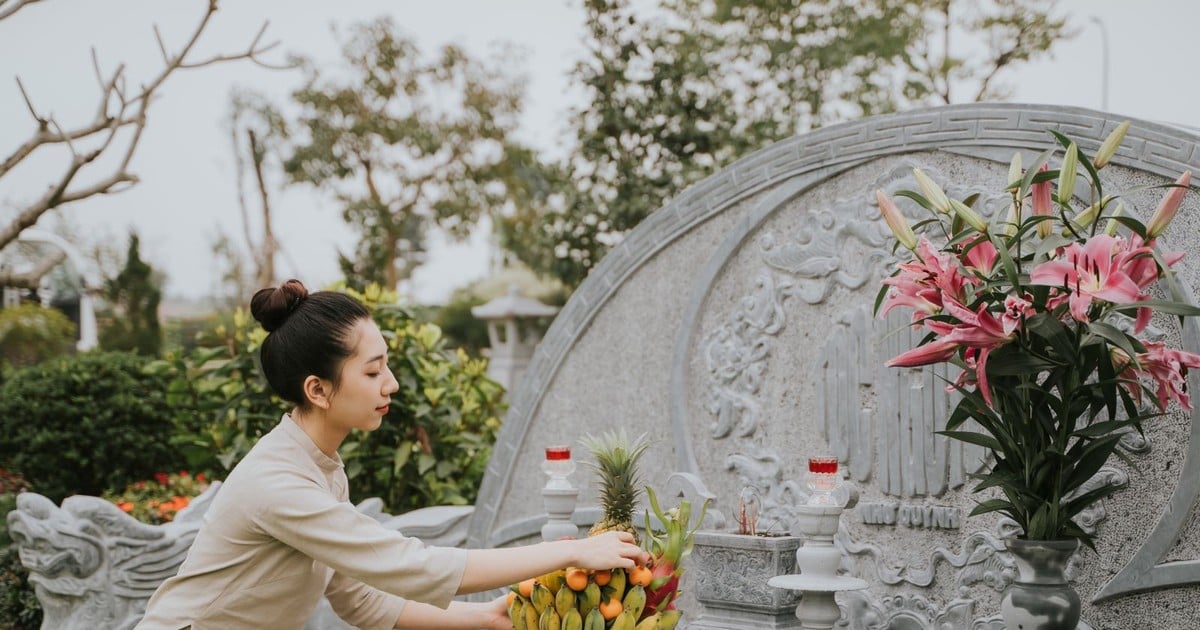







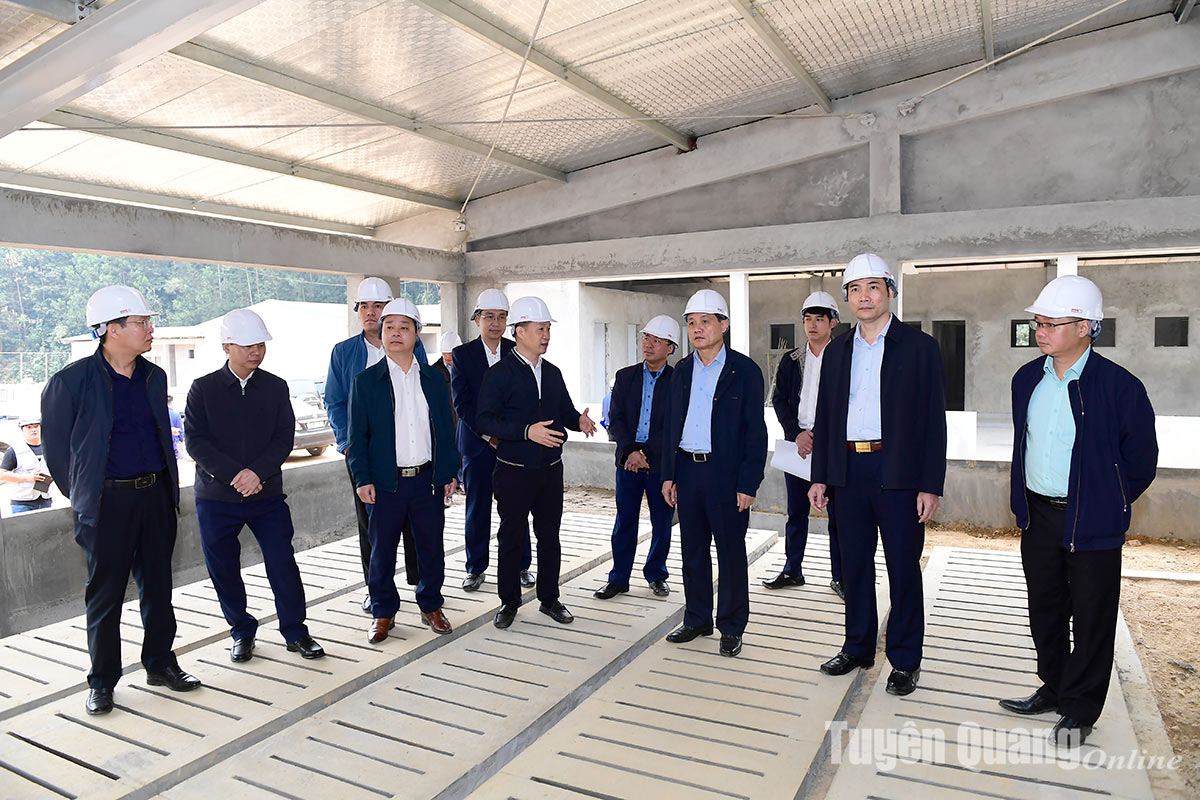


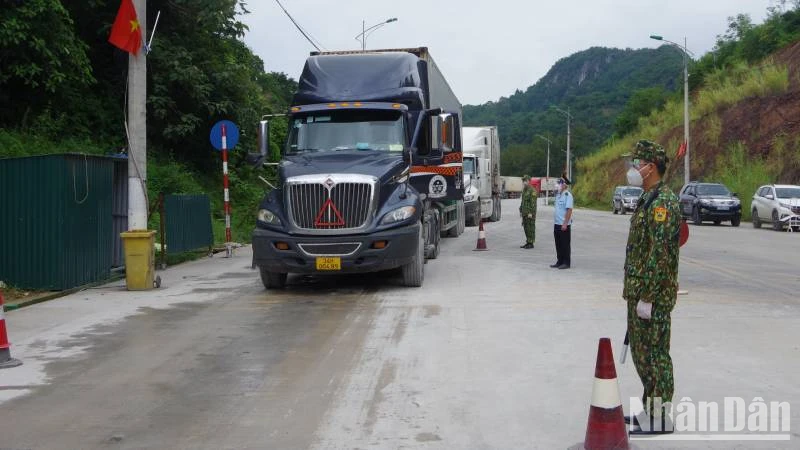
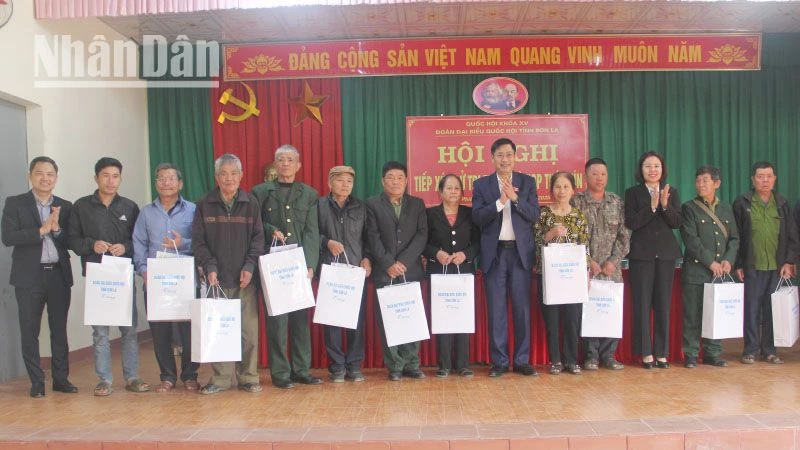
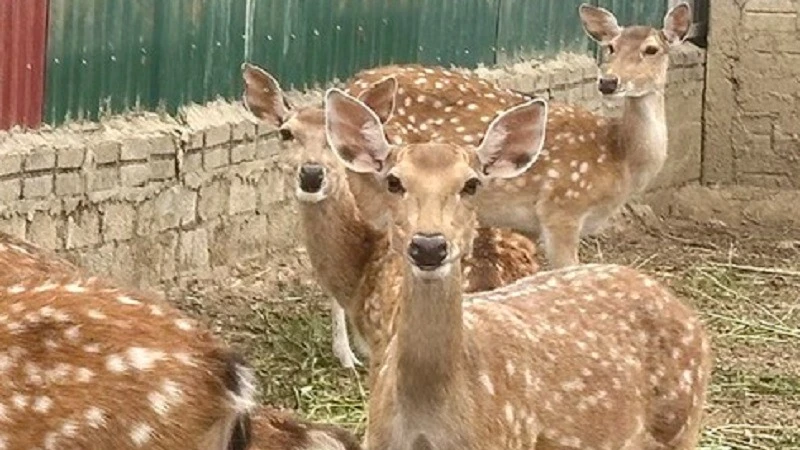


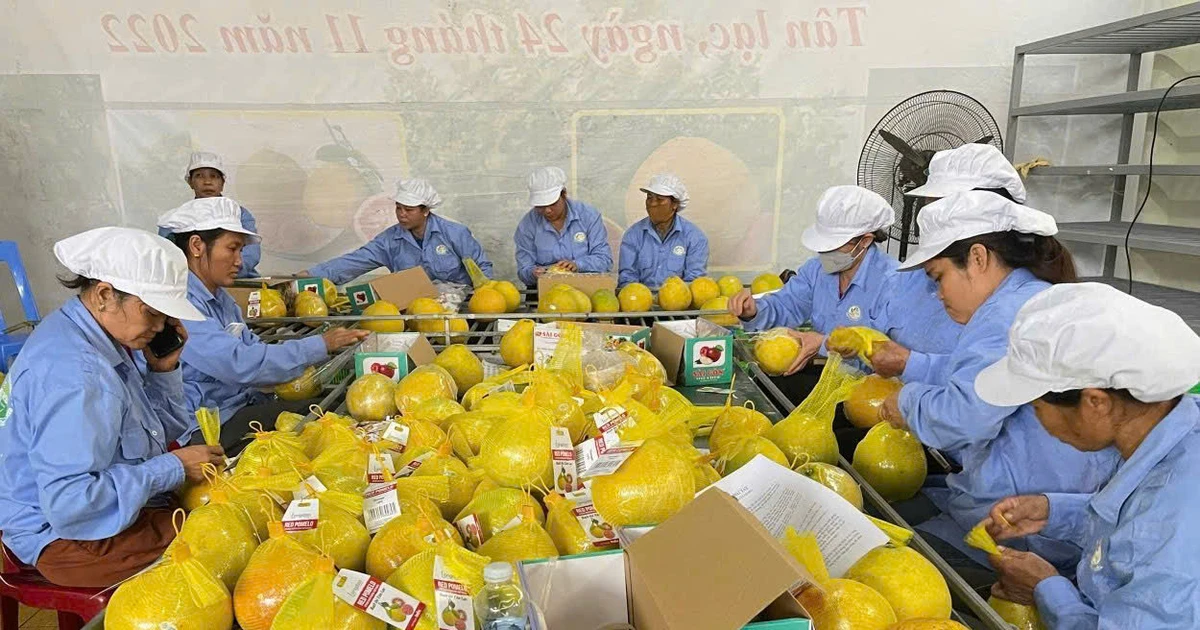









![[Photo] Reception to welcome General Secretary and President of China Xi Jinping](https://vstatic.vietnam.vn/vietnam/resource/IMAGE/2025/4/15/ef636fe84ae24df48dcc734ac3692867)

![[Photo] Tan Son Nhat Terminal T3 - key project completed ahead of schedule](https://vstatic.vietnam.vn/vietnam/resource/IMAGE/2025/4/15/85f0ae82199548e5a30d478733f4d783)


































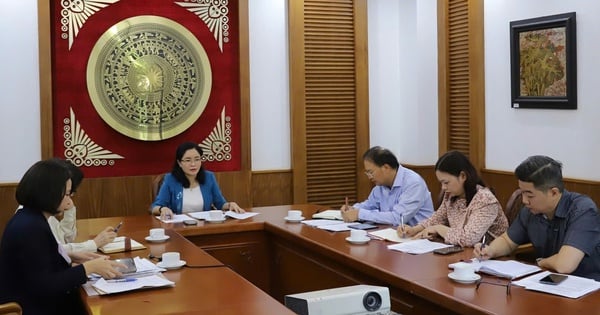










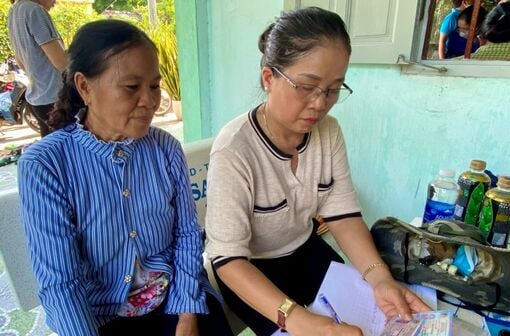

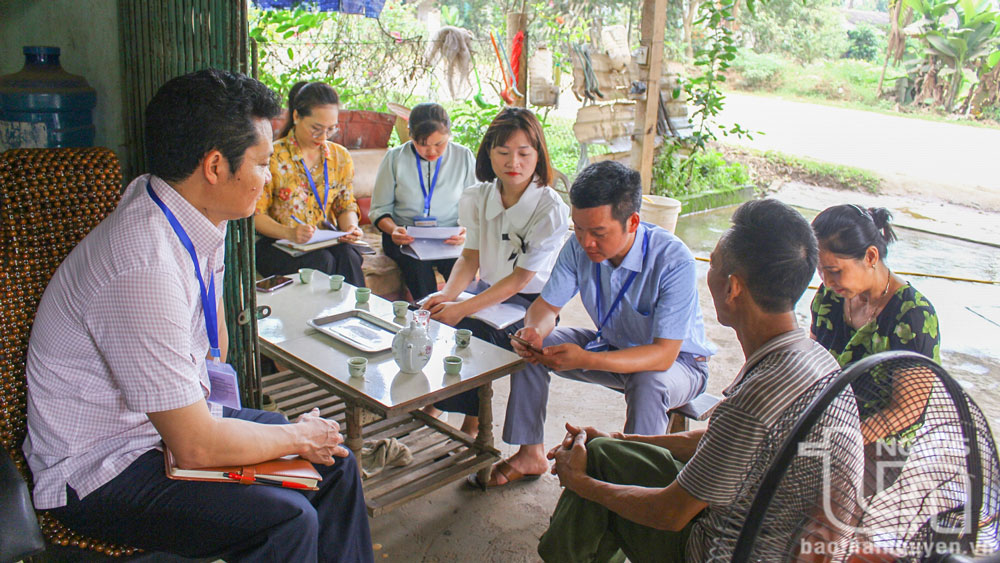

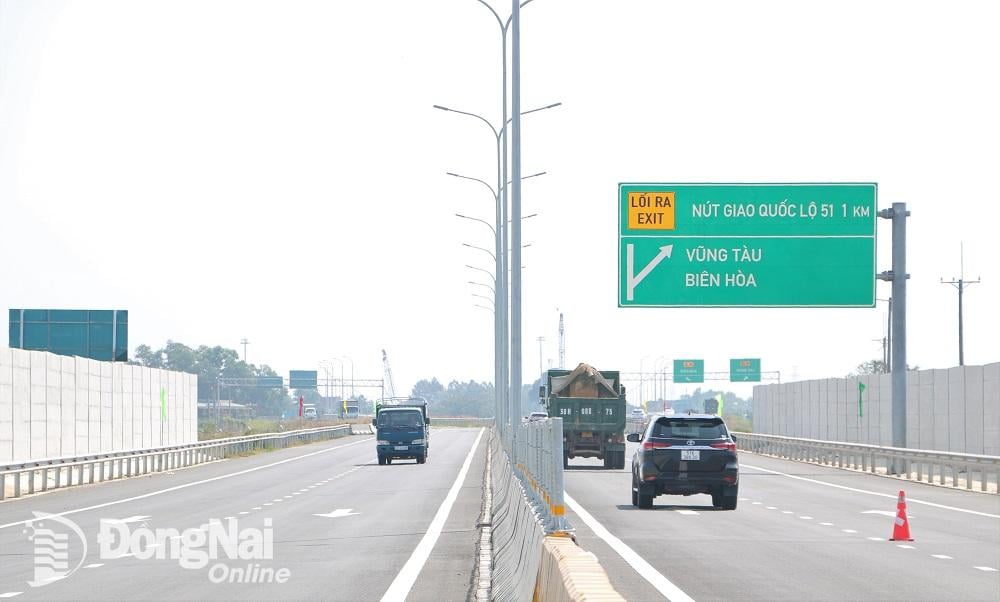

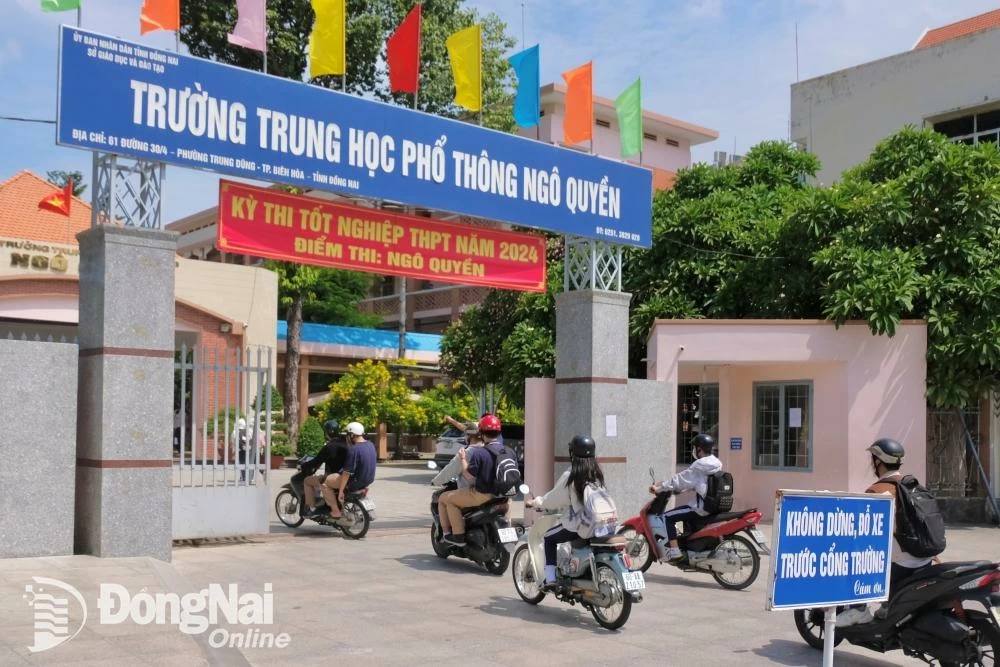



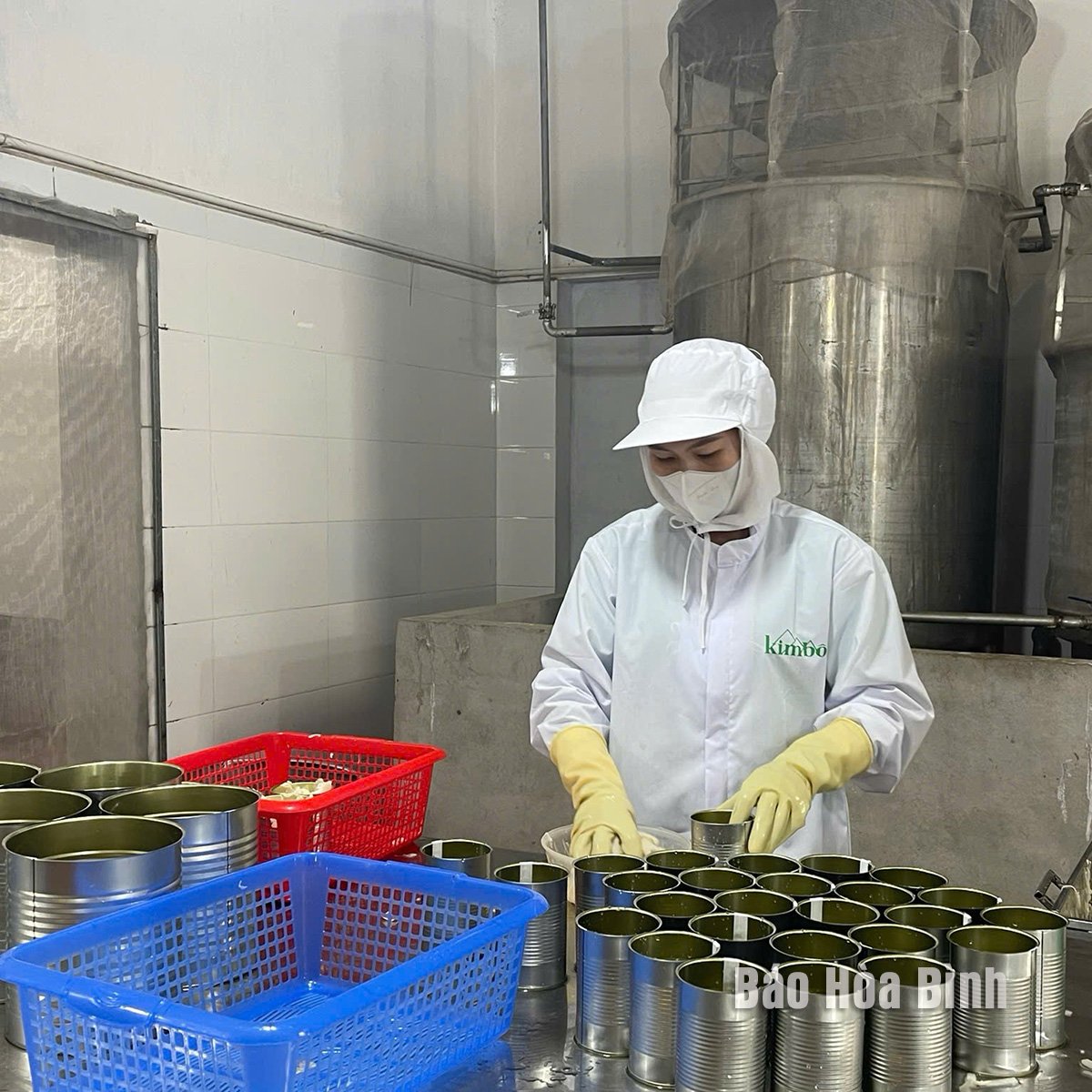

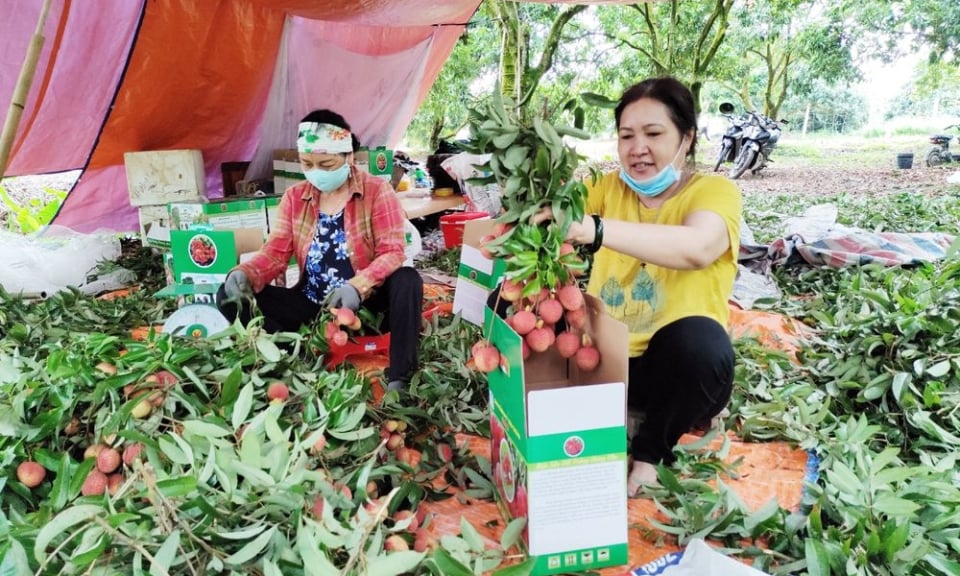

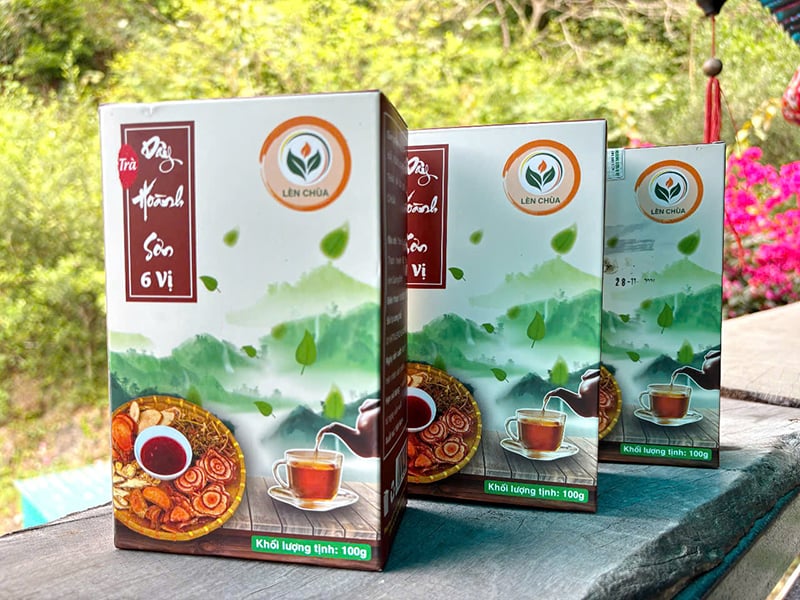
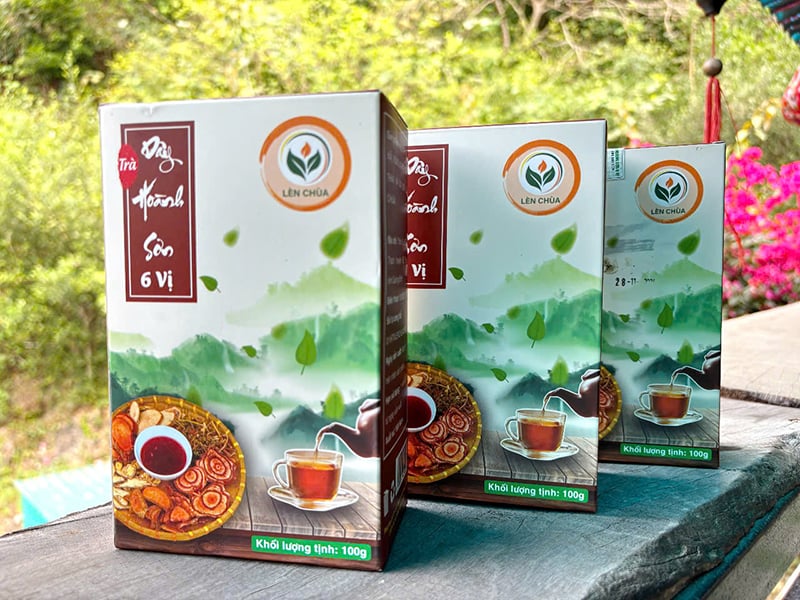


Comment (0)